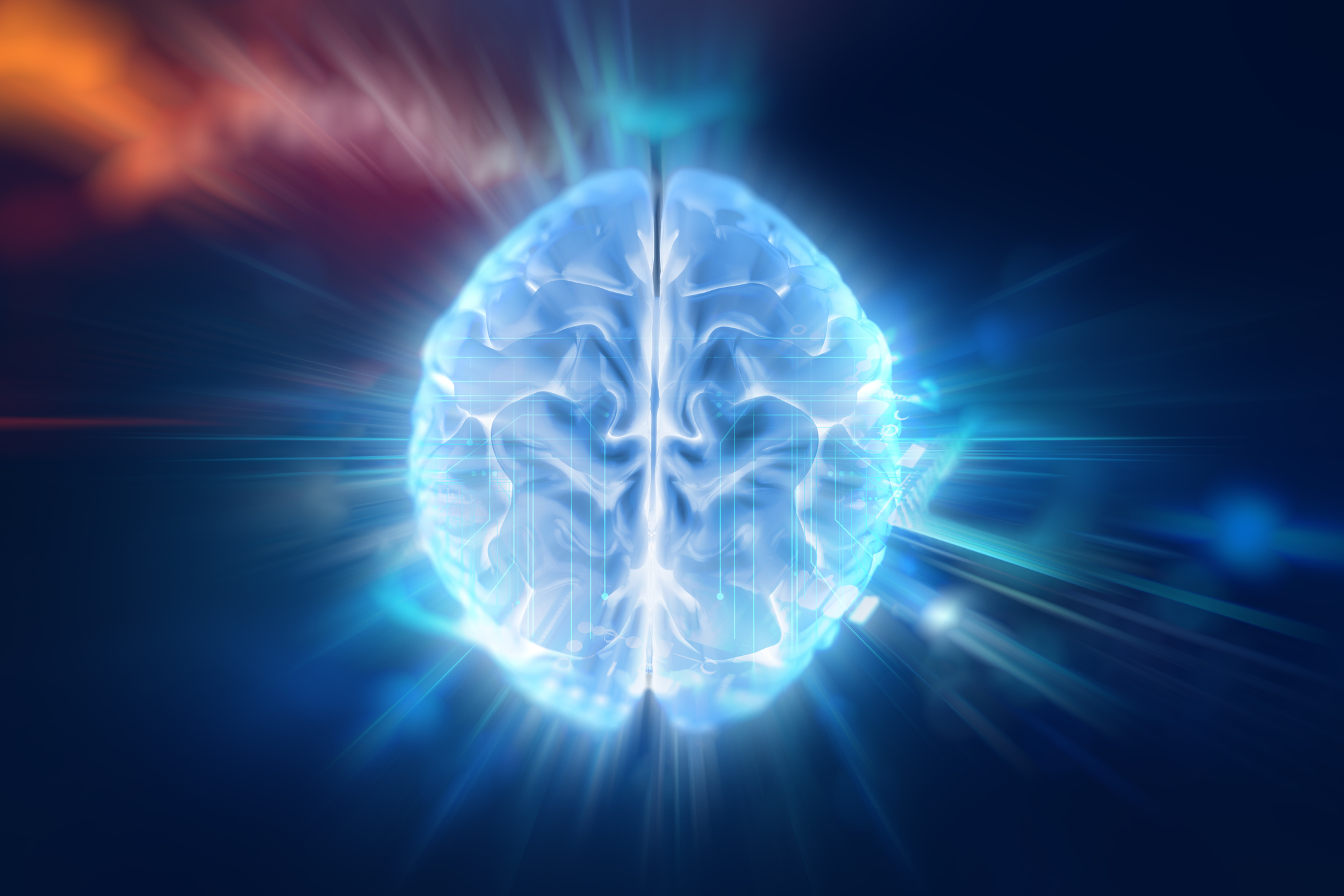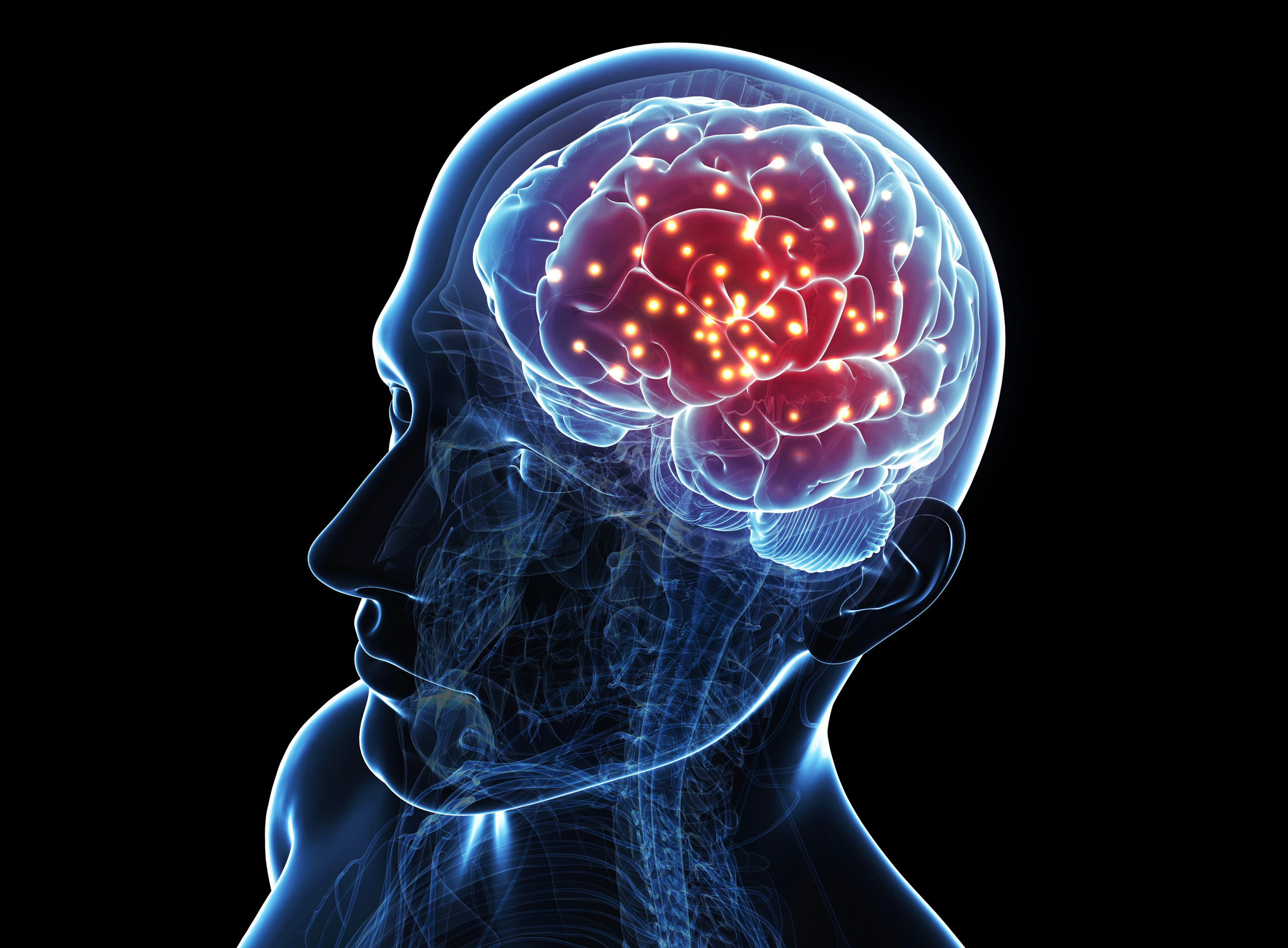
The Science Behind Eating Disorders
Science still has a lot to learn about the biology of eating disorders. But, one by one, experts have begun to fill in the gaps in the riddle.
A higher chance of developing an eating disorder has been related to some genes. However, unless a combination of pressures and other conditions exist, the illness may not manifest.
A variety of things can push someone over the edge. Most preteens and teens will be familiar with many of these. It could be a dietary requirement. It could be anything that causes initial weight loss, such as a family member’s death or illness. Another probable cause is dissatisfaction with one’s appearance, which commonly begins around adolescence.

In persons with anorexia nervosa and bulimia nervosa, brain scans demonstrate that some cells do not switch serotonin signals appropriately. As a result, their brains receive insufficient amounts of this neurotransmitter.
Anorexia nervosa forces sufferers to starve themselves on purpose, frequently while exercising excessively. Bulimia nervosa causes its victims to eat a lot of food and then vomit it up after a short time. Both illnesses have been linked to anxiety in studies.
These eating habits do appear to assist their victims in coping with worry — but only at first. Any relief that these practices provide will be fleeting. The cycle of feeling horrible about oneself and attempting to ‘cure it’ through poor eating habits will then repeat.
There are people who overeat and those who undereat when they are stressed, as well as people in the middle. Low serotonin isn’t the only cause, though.
Dealing with “rewards” presents a number of challenges.
Something goes wrong in the reward center of the brain in persons who suffer from eating problems. This area of the brain is responsible for processing positive emotions such as those evoked by smiles, gifts, and compliments. Our brain releases dopamine when we obtain such a reward.
It’s no surprise that it’s known as the “feel-good” chemical. However, studies reveal that the pathways that transport that signal are messed up in persons with eating problems.

When it comes to dopamine and serotonin, as well as other brain chemical messengers. They’re all interacting with each other. As a result, the impacts of each cannot be totally separated. It’s not like they’re going around the brain on their own “railroad tracks.” Anorexics have been found to be more responsive to rewards, according to research. What the rest of us would consider an acceptable stimulus overwhelms them. Even the simplest act of eating can be overpowering and cause anxiety.
Worse, research suggests that persons with anorexia become more sensitive to the advantages they obtain when they limit their food intake. In persons with anorexia, chronically starving the body affects the way the brain interprets rewards. He claims that this makes it even more difficult for them to resume normal eating habits.
Bulimia sufferers, on the other hand, appear to be understimulated by incentives.
Differences in the brain
In patients with eating disorders, the size and form of particular brain regions are different. Take, for example, the orbitofrontal cortex. This part of the brain is located between the eyes. In young individuals and adults with anorexia nervosa and bulimia nervosa, it is larger than normal. The same expansion was seen in study participants who had recovered from anorexia.
This could be a crucial clue: the gyrus rectus is a structure in the affected region. It has a significant impact on how much food we consume. Some people think that mental health problems are not realted to the physical but it can be clearly shown on the x-ray. Let us know in the comments if you didn’t know about these…
You May Also Like

How Spiders Avoid Getting Stuck in Their Own Traps?
2023-05-04
Body Changes During Pregnancy First Trimester
2022-01-07

